Thermocouple wire is an essential component in temperature measurement systems across various industries. Comprising two different metal wires joined together, thermocouples generate a voltage proportional to the temperature difference between their junctions. This principle forms the basis for their broad application in temperature sensing and control. Whether it’s monitoring industrial processes, ensuring food safety, or advancing scientific research, thermocouple wire plays a crucial role in accurate temperature measurements. Read More…
In business since 1972, Thermo Sensors Corporation is a leading thermocouple manufacturer of an array of many products and services.
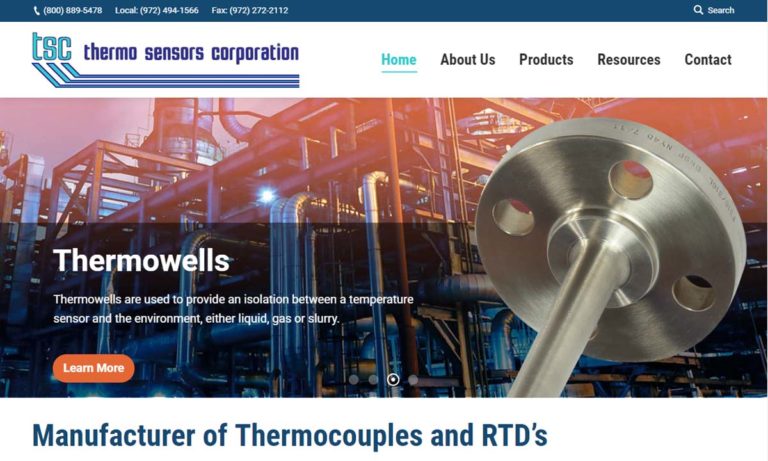
We manufacture a full line of Thermocouples to fit your application. Temperatures from cryogenic to 4000F, and sizes ranging from needle thin to several thousand pound multipoint temperature sensors.
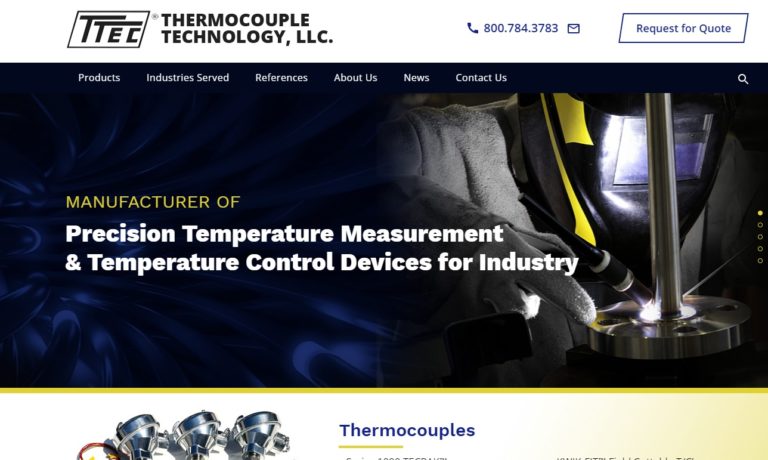
Kelvin Technologies is a high-quality thermocouple manufacturer, representative, and distributor for all of your electrical heating, temperature controlling, and temperature sensing requirements. Our products are engineered and manufactured in-house to address specific requirements, such as higher temperatures and more compact profiles. With over 100 years of combined experience, all of us at...
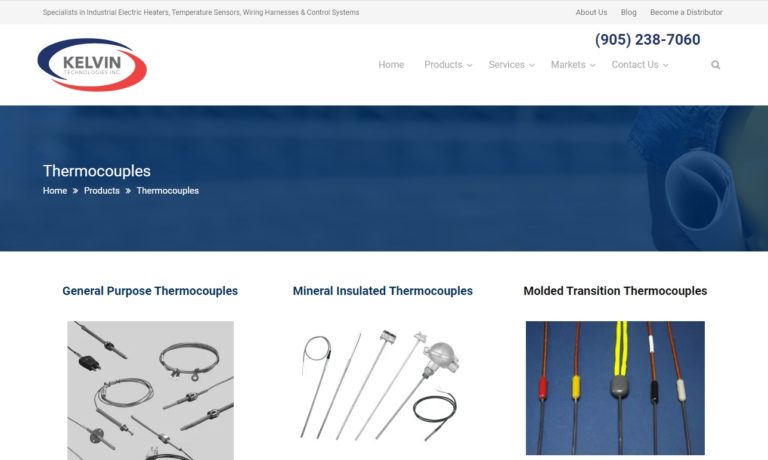
Temperature Specialists, Incorporated is a manufacturer of quality thermocouples. Temperature Specialists provide solutions for your sensing needs by building to meet your specifications. Feel free to visit their comprehensive and helpful website for full descriptions of their state-of-the-art line of quality products and services or call their experts with any questions.
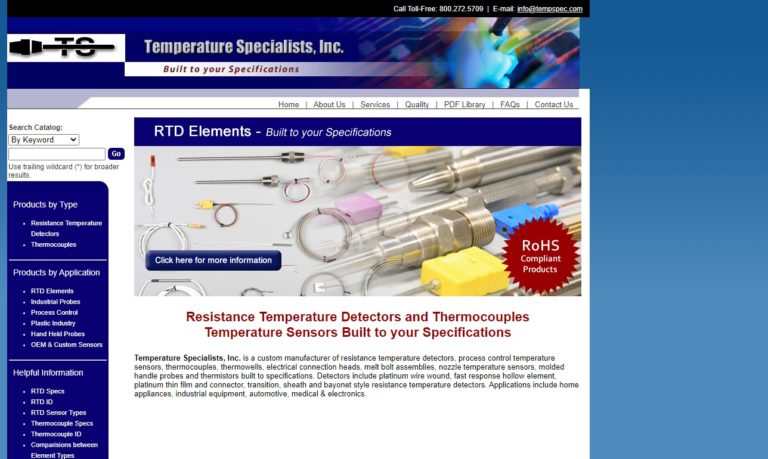
Since 1971, Thermalogic has been a leading manufacturer of electronic temperature and humidity control and sensors. Here at Thermalogic we work with our clients in a partnership to build a lasting business relationship. All of our products have quick turnaround times, including custom designs, and are thoroughly tested prior to being sent out. At Thermalogic we pride ourselves on our high...
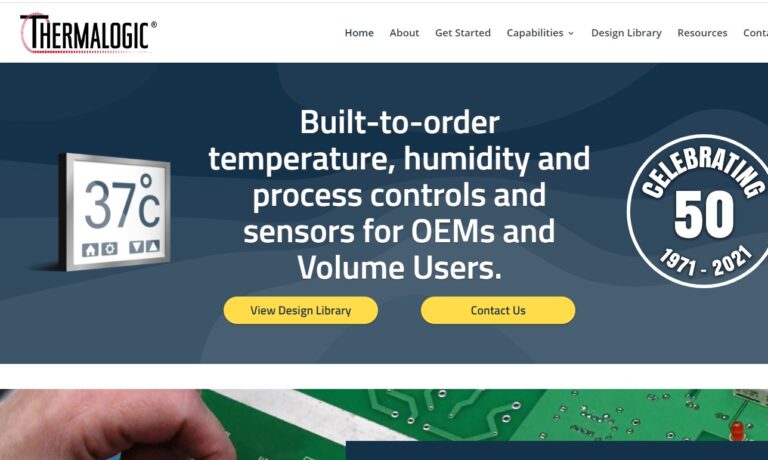
We have over 81 years of successful manufacturing experience and we offer a wide range of solutions. Our thermostats are utilized in industries including HVAC, process heating, food service, laboratory tank heating, industrial system control, and more. We have made it our mission to remain on the forefront of our industry and we work closely with our customers to ensure maximum satisfaction.
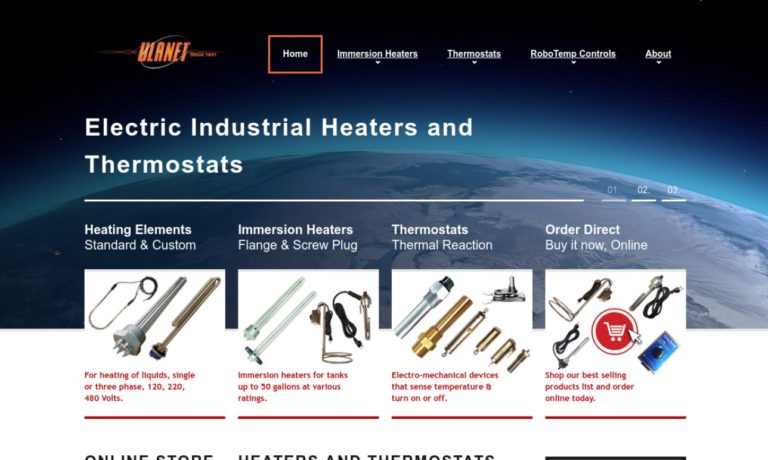
More Thermocouple Wire Manufacturers
Creation of Thermocouple Wire
Standard manufacturing processes for thermocouple wire involve carefully selecting the appropriate wire materials based on the desired temperature range and accuracy. Common thermocouple wire types include combinations like Type K (chromel/alumel) and Type J (iron/constantan). These alloys are carefully calibrated to ensure reliable and precise temperature readings. Additionally, insulation materials are chosen to protect the wires from external factors such as moisture, chemicals, or electrical interference. The insulation also aids in preventing electrical shorts between the wires.
Variations of Thermocouple Wire
Thermocouple wire can be customized to suit specific application requirements, leading to variations in its design. One variation lies in the choice of wire materials. For instance, some applications may call for Type N (nicrosil/nisil) thermocouple wire due to its excellent stability and accuracy at high temperatures. Another variation lies in the insulation materials. Fiberglass, Teflon™, or ceramic insulation can be used, depending on factors like temperature range, chemical resistance, and flexibility needed for a particular application.
Considerations Regarding Thermocouple Wire
While thermocouple wire offers numerous benefits, it's important to consider potential considerations.. One consideration is its susceptibility to environmental conditions. Extreme temperatures, corrosive environments, or moisture can affect the accuracy and longevity of the wire. Calibration challenges can also arise, as thermocouples require regular calibration to maintain accuracy over time.
Manufacturers Address These Considerations
Manufacturers have implemented various measures to address these considerations associated with thermocouple wire. To protect against environmental factors, special coatings or sheaths are applied to enhance resistance to temperature extremes, moisture, or corrosive substances. Additionally, manufacturers have developed improved calibration techniques and standards to ensure accurate and reliable measurements, reducing the calibration frequency required.
Benefits of Thermocouple Wire
Thermocouple wire offers several benefits that contribute to its widespread adoption. To begin with, its wide temperature range capability enables it to measure from extremely low (-200°C) to extremely high (up to 2300°C) temperatures, making it suitable for a wide range of applications. Additionally, thermocouple wire provides a quick response time, allowing for rapid temperature detection and response. Furthermore, they are highly durable and reliable, ensuring consistent performance even in challenging environments.
Applications of Thermocouple Wire
Thermocouple wire finds application in various industries and sectors. In industrial settings, for example, it is used for temperature monitoring and control in processes such as manufacturing, refining, and energy production. HVAC systems also rely on thermocouple wire to regulate temperature and ensure occupant comfort. In food processing, meanwhile, thermocouples help maintain safe temperatures during production and storage, preventing spoilage and ensuring consumer safety. Moreover, research and development laboratories utilize thermocouples for precise temperature measurements in experiments and scientific studies.
The Future of Thermocouple Wire
The future of thermocouple wire is bright, with ongoing advancements set to further enhance its performance and expand its applications. Despite the emergence of wireless and miniature thermocouples, thermocouple wire itself continues to be a valuable and indispensable tool for temperature measurement and control. Manufacturers are continuously refining the wire materials and insulation used in thermocouples, aiming to improve their accuracy, durability, and resistance to environmental factors. These advancements ensure that thermocouple wire remains a reliable and cost-effective solution for a wide range of temperature sensing requirements. In addition, ongoing research and development efforts are focused on expanding the temperature ranges that thermocouple wire can withstand. By pushing this boundary, thermocouple wire will be able to cater to even more extreme temperature conditions, allowing for accurate measurements in high-temperature industrial processes or cryogenic applications.
Furthermore, advancements in manufacturing techniques are expected to enable the production of thermocouple wire with finer gauge sizes, enhancing its flexibility and versatility. This should allow for even easier installation and integration into various systems and equipment, ensuring precise temperature monitoring in diverse environments.
Thermocouple wire also benefits from the compatibility it offers with existing systems and instrumentation. Many industries have already established infrastructure and equipment that are designed to work seamlessly with thermocouple wire, making it a preferred choice for temperature measurement and control in those applications. As technology progresses, thermocouple wire is expected to continue to evolve, leveraging the latest materials and manufacturing techniques. This ongoing innovation should ensure that thermocouple wire will remain a reliable, accurate, and cost-effective solution for temperature sensing across industries such as manufacturing, HVAC, food processing, and scientific research.
Choosing the Correct Thermocouple Wire Manufacturer
To ensure you have the most beneficial outcome when purchasing thermocouple wire from a thermocouple wire manufacturer, it is important to compare several companies using our directory of thermocouple wire manufacturers. Each thermocouple wire manufacturer has a business profile page highlighting their areas of experience and capabilities, along with a contact form to directly communicate with the manufacturer for more information or to request a quote. Review each thermocouple wire business website using our patented website previewer to quickly learn what each company specializes in. Then, use our simple RFQ form to contact multiple thermocouple wire companies with the same form.

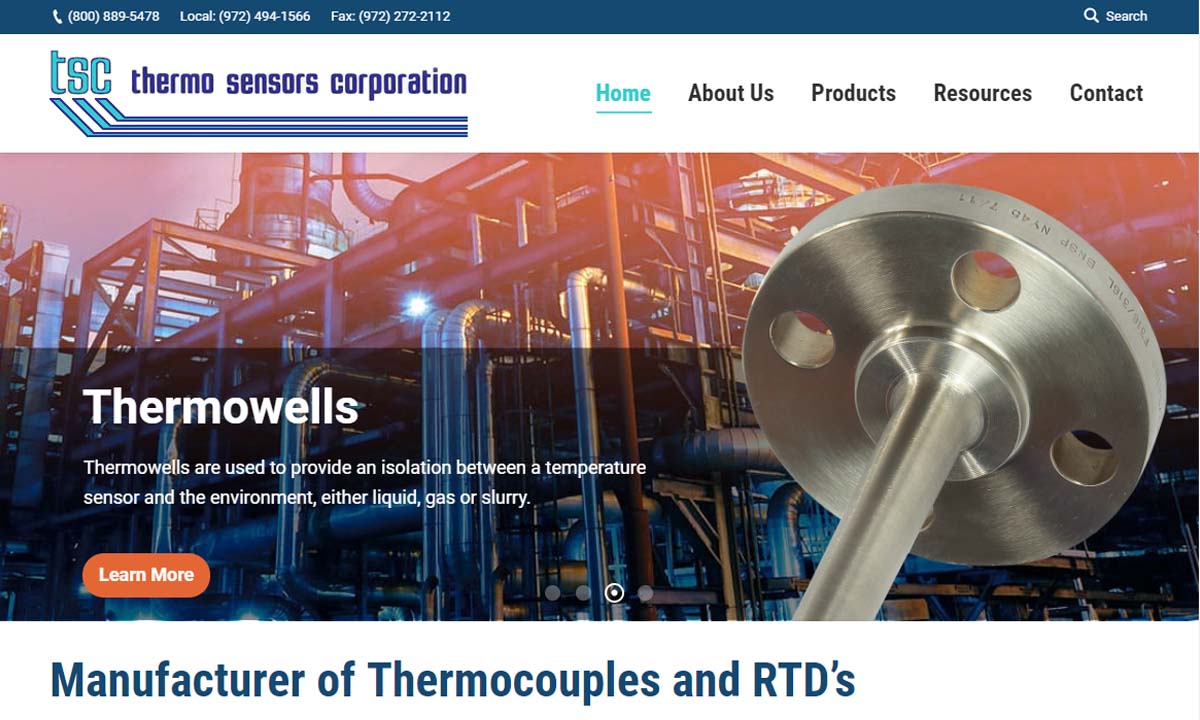
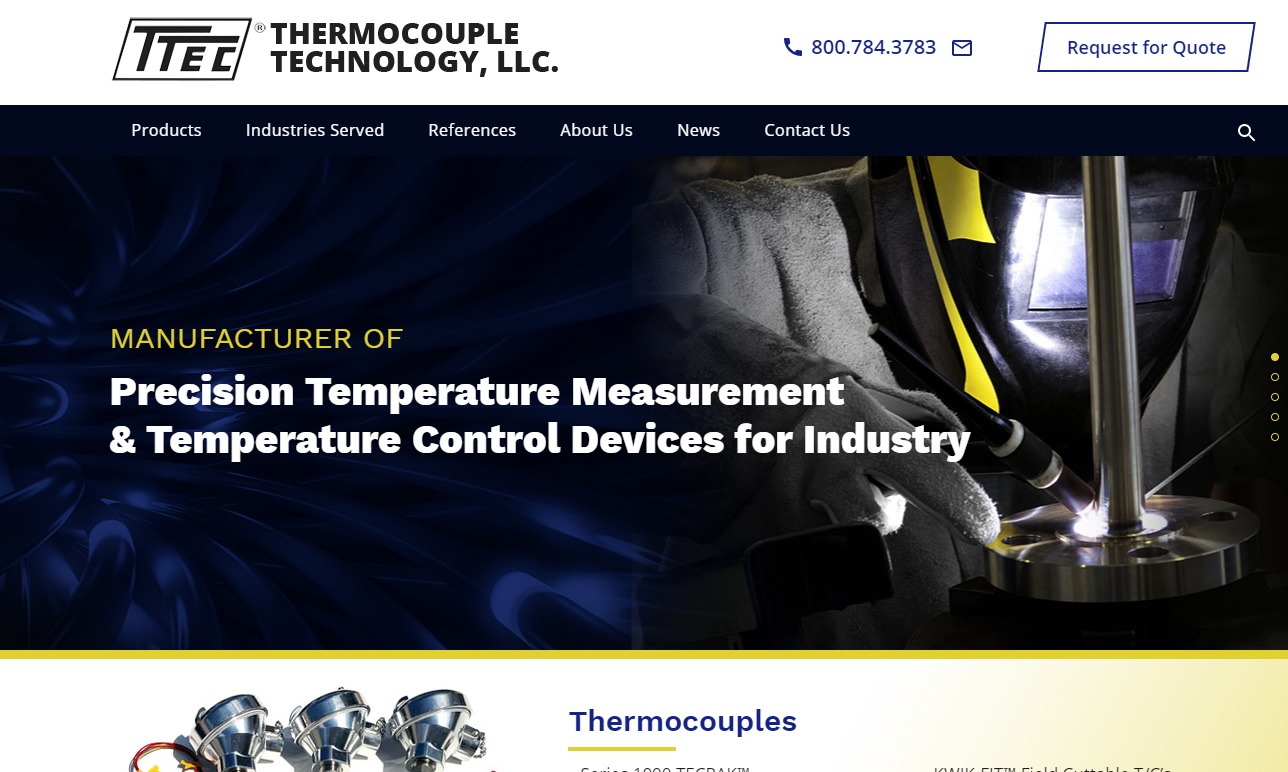
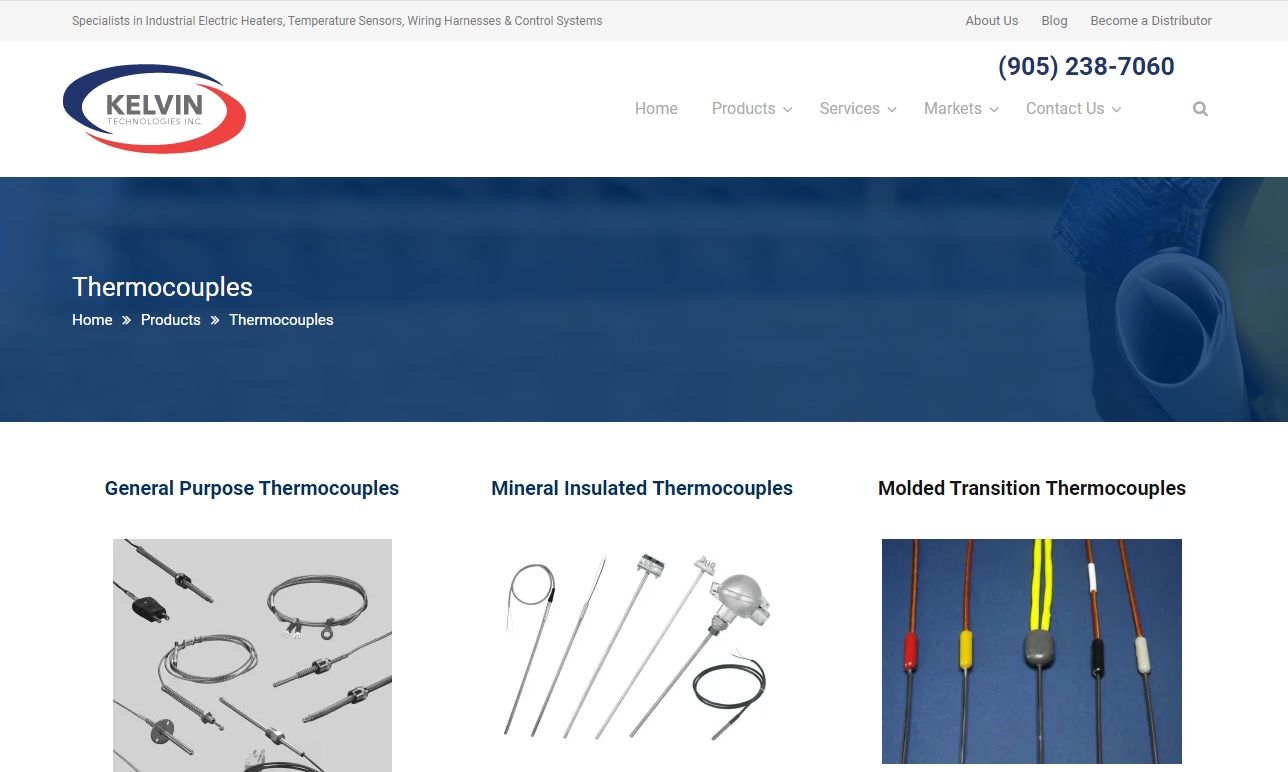
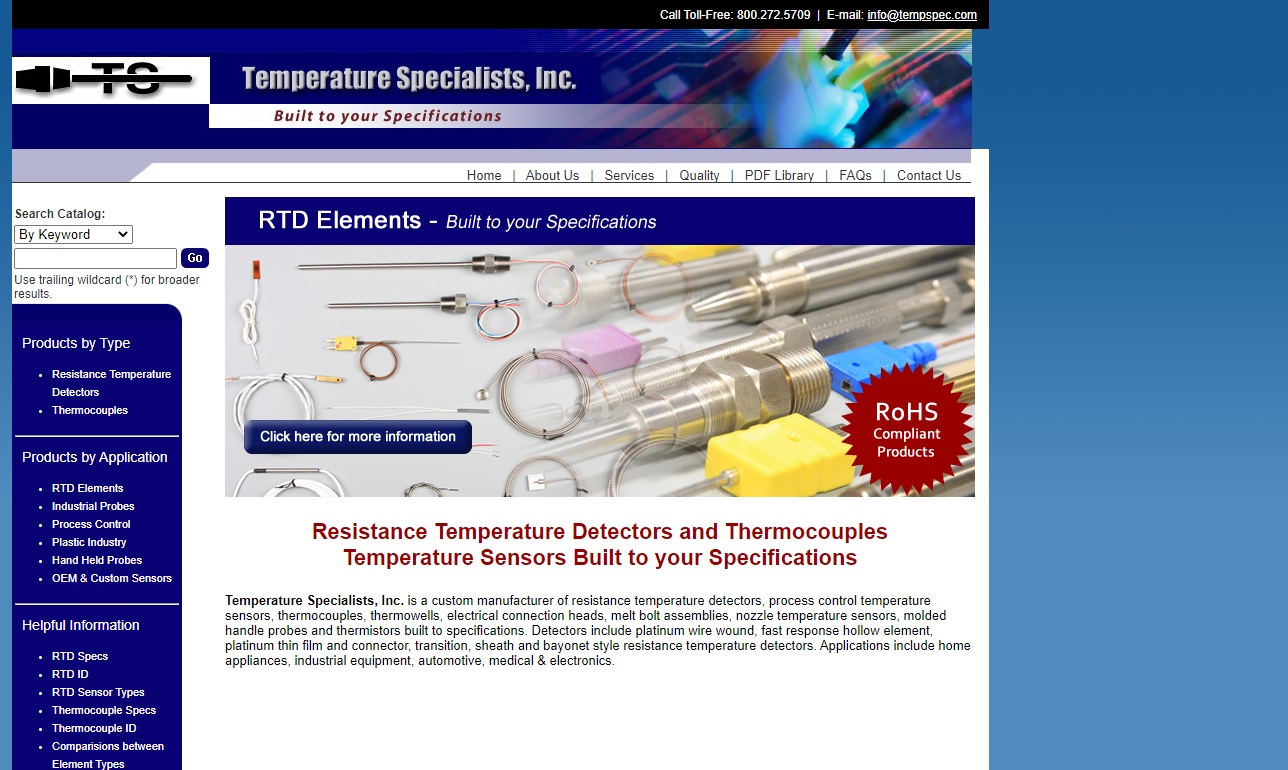
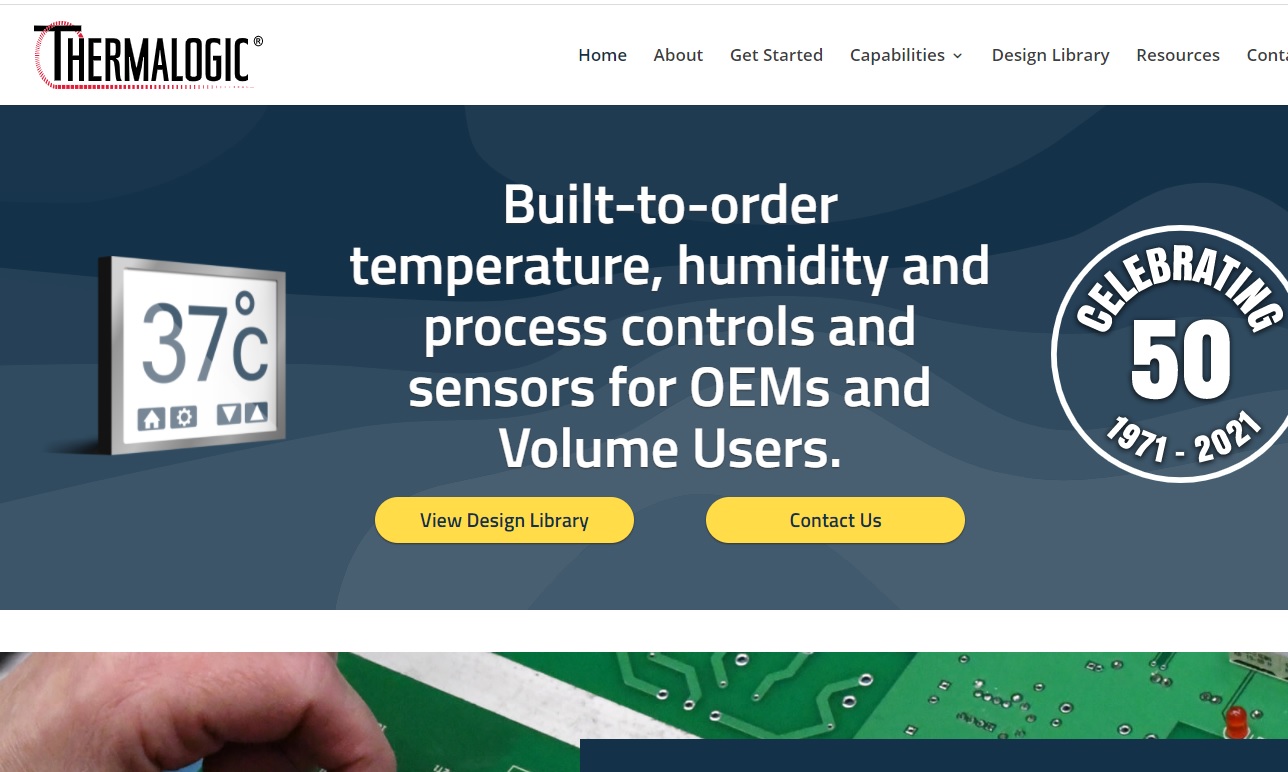
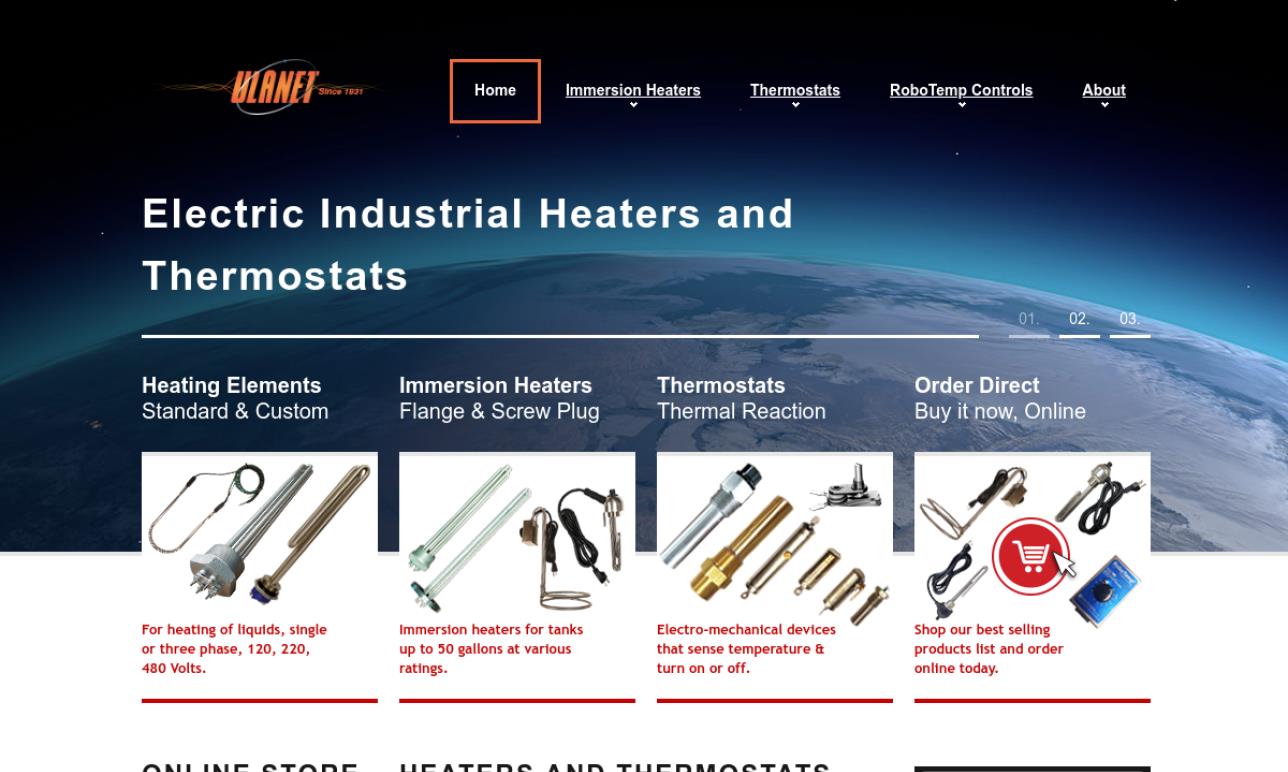
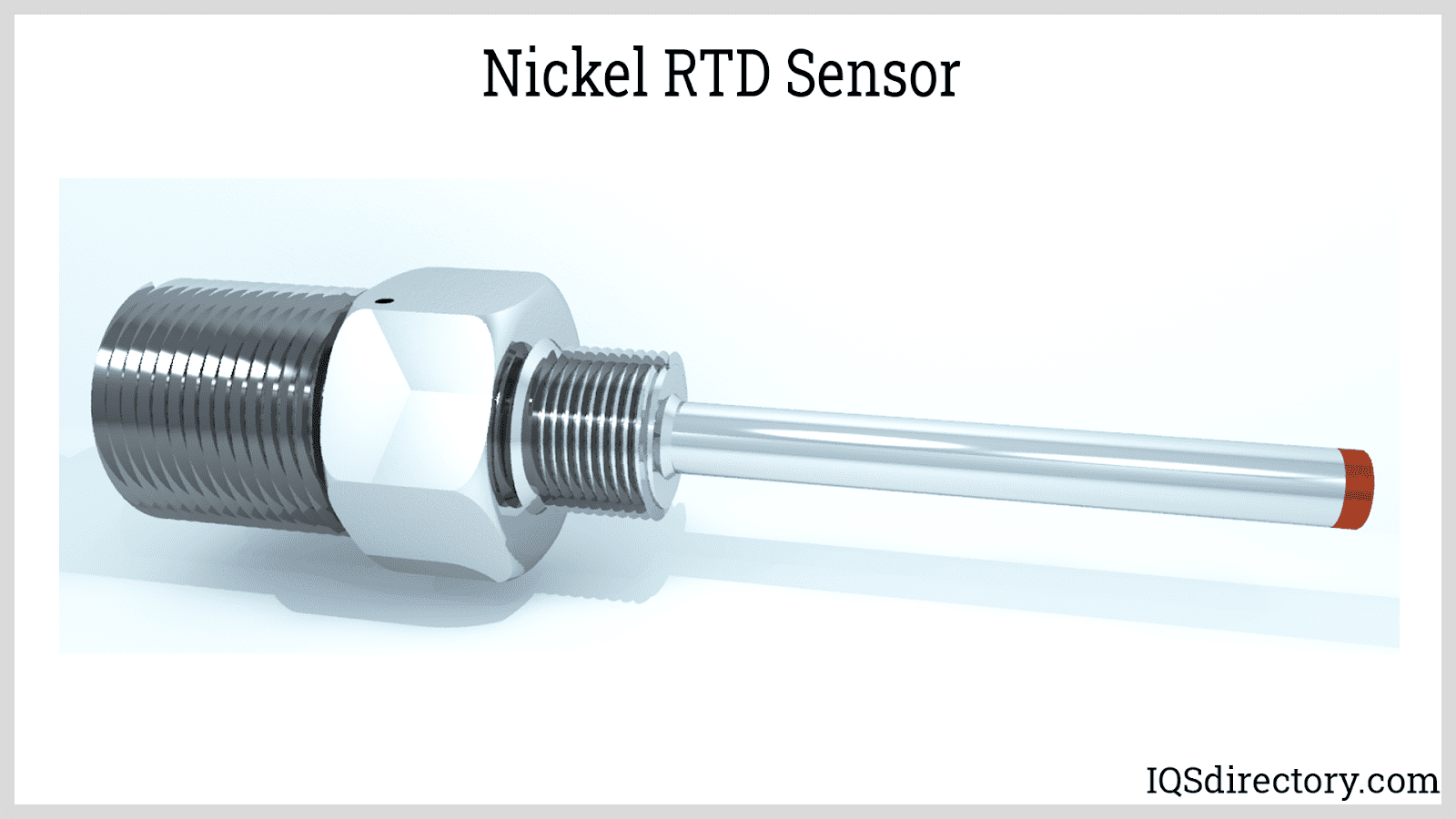
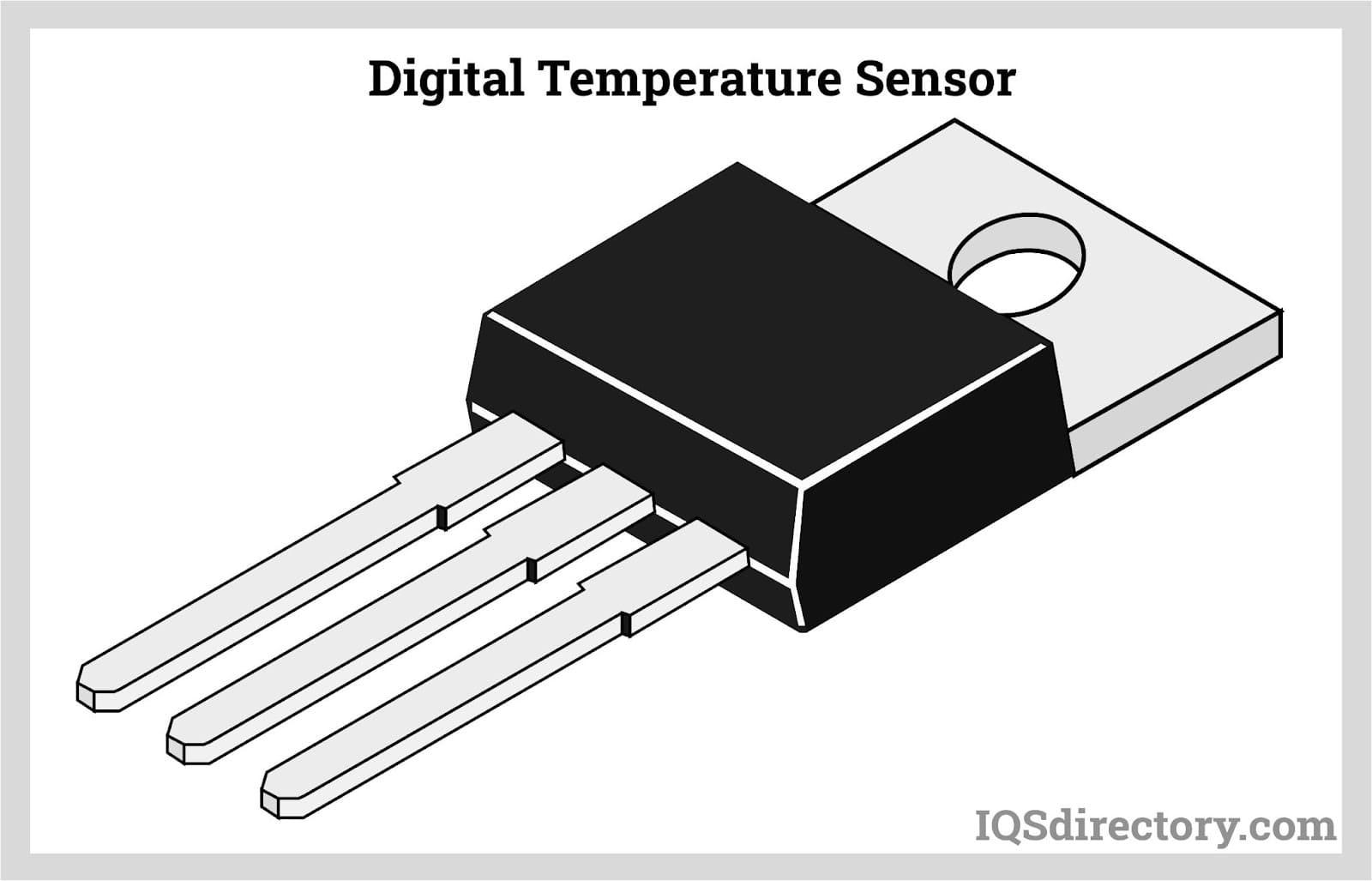
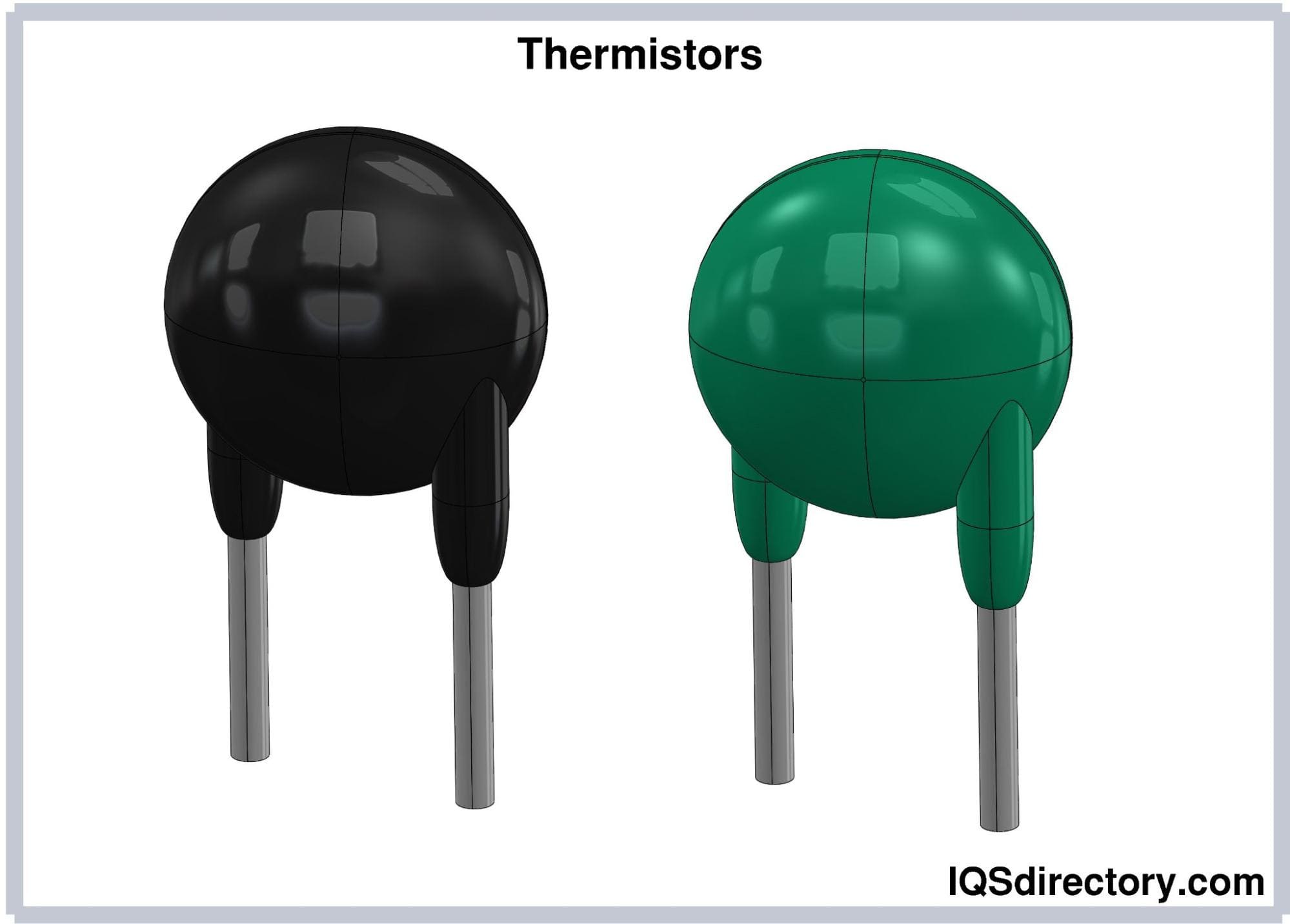
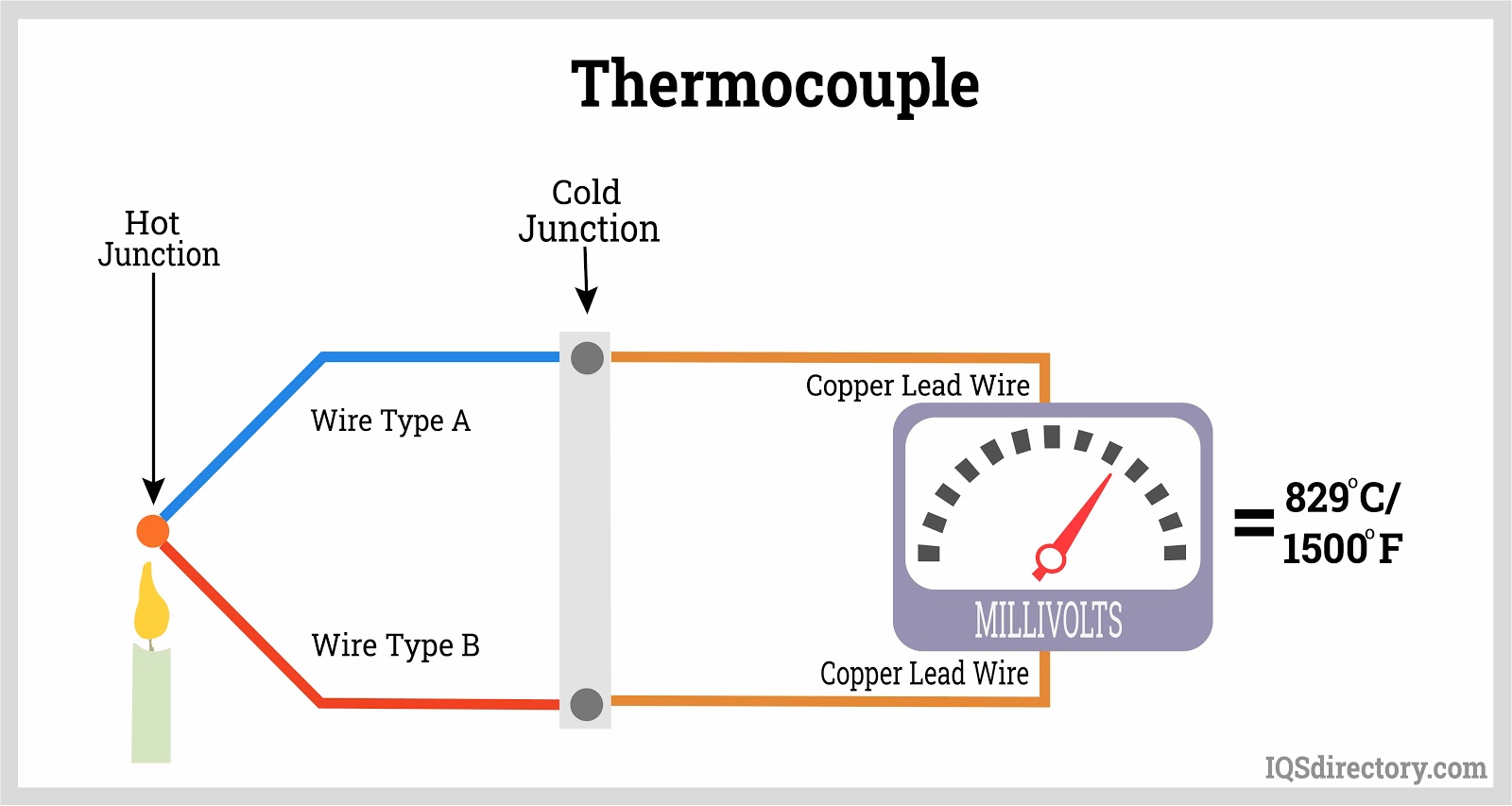
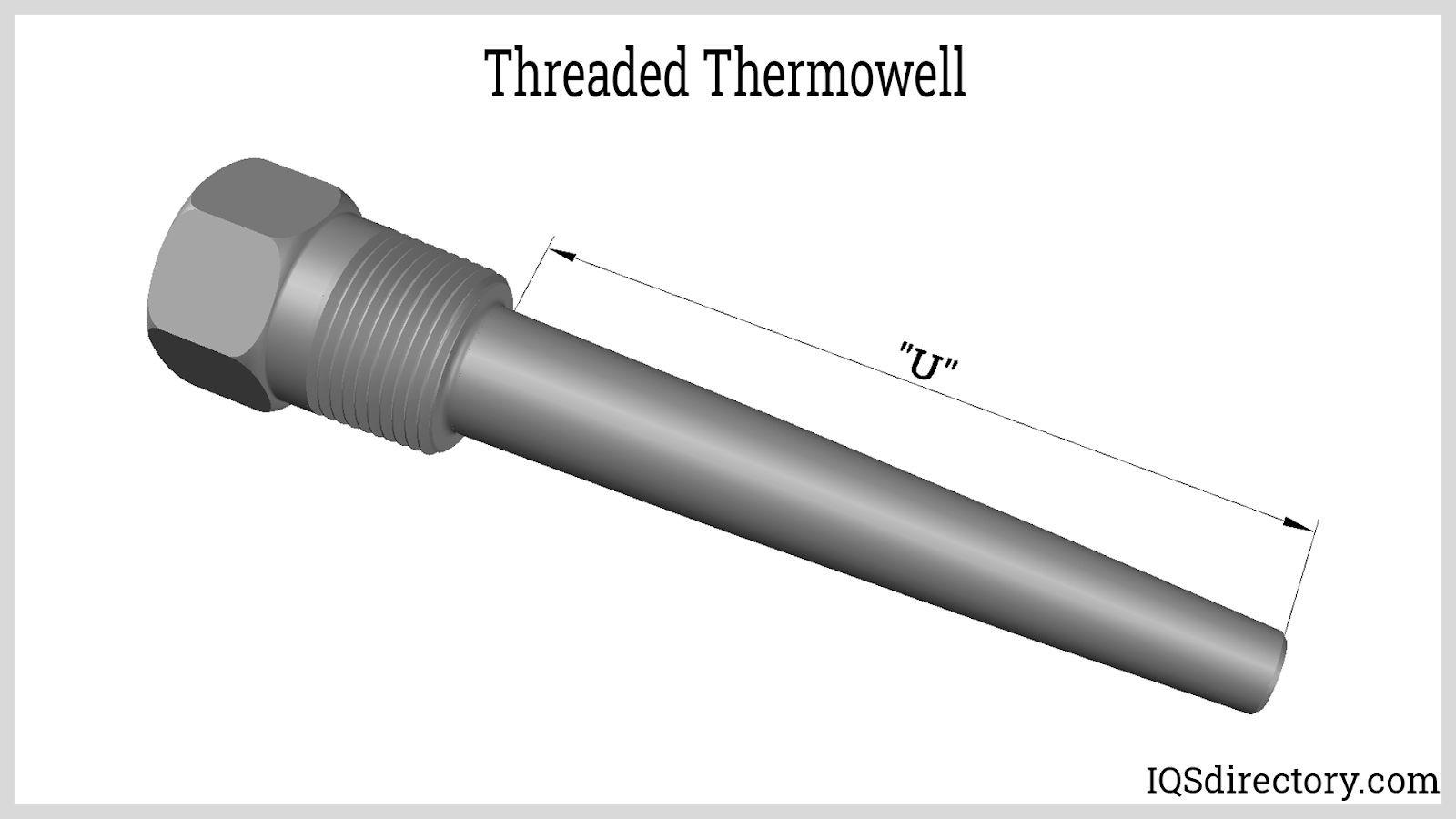
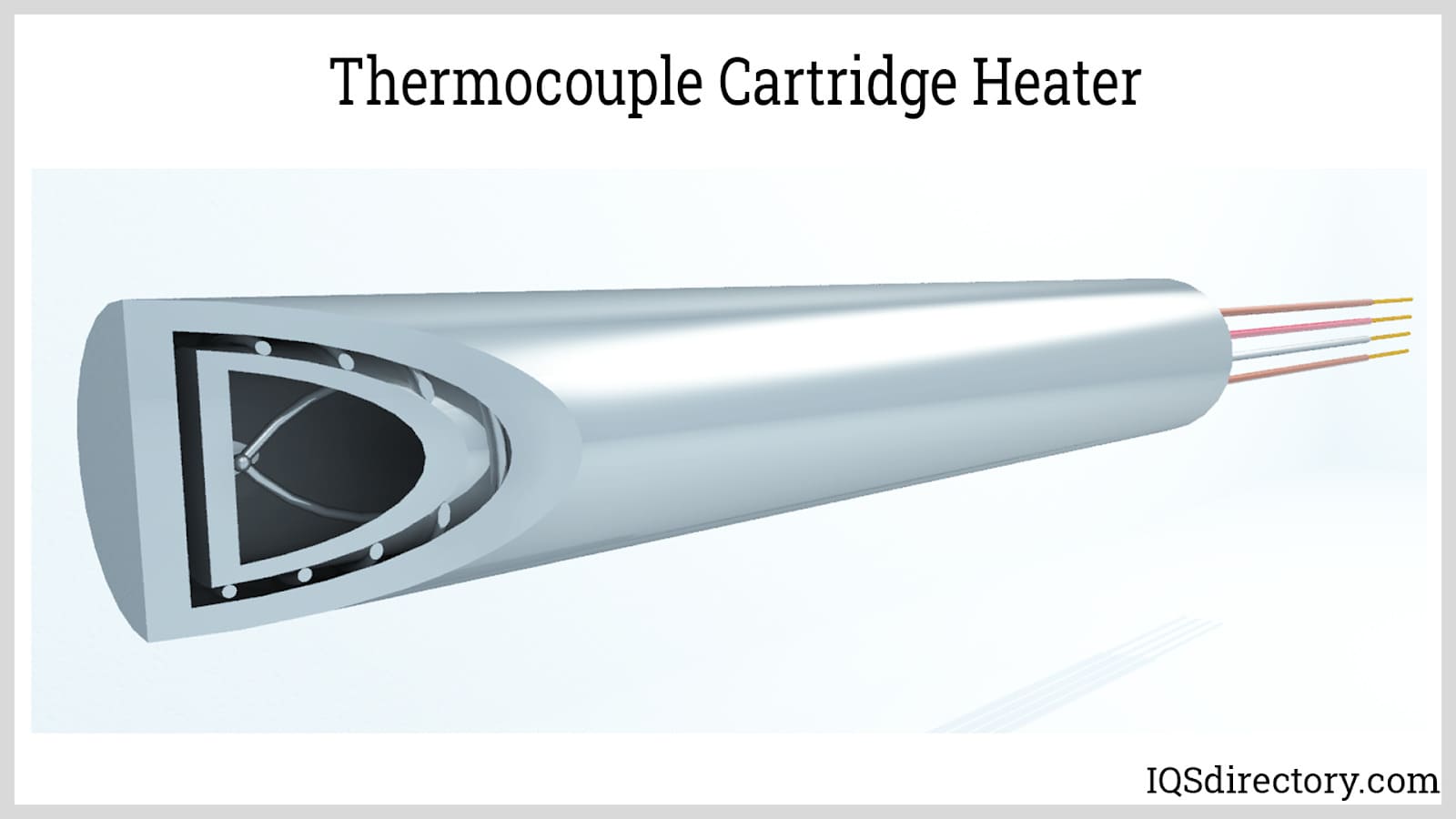
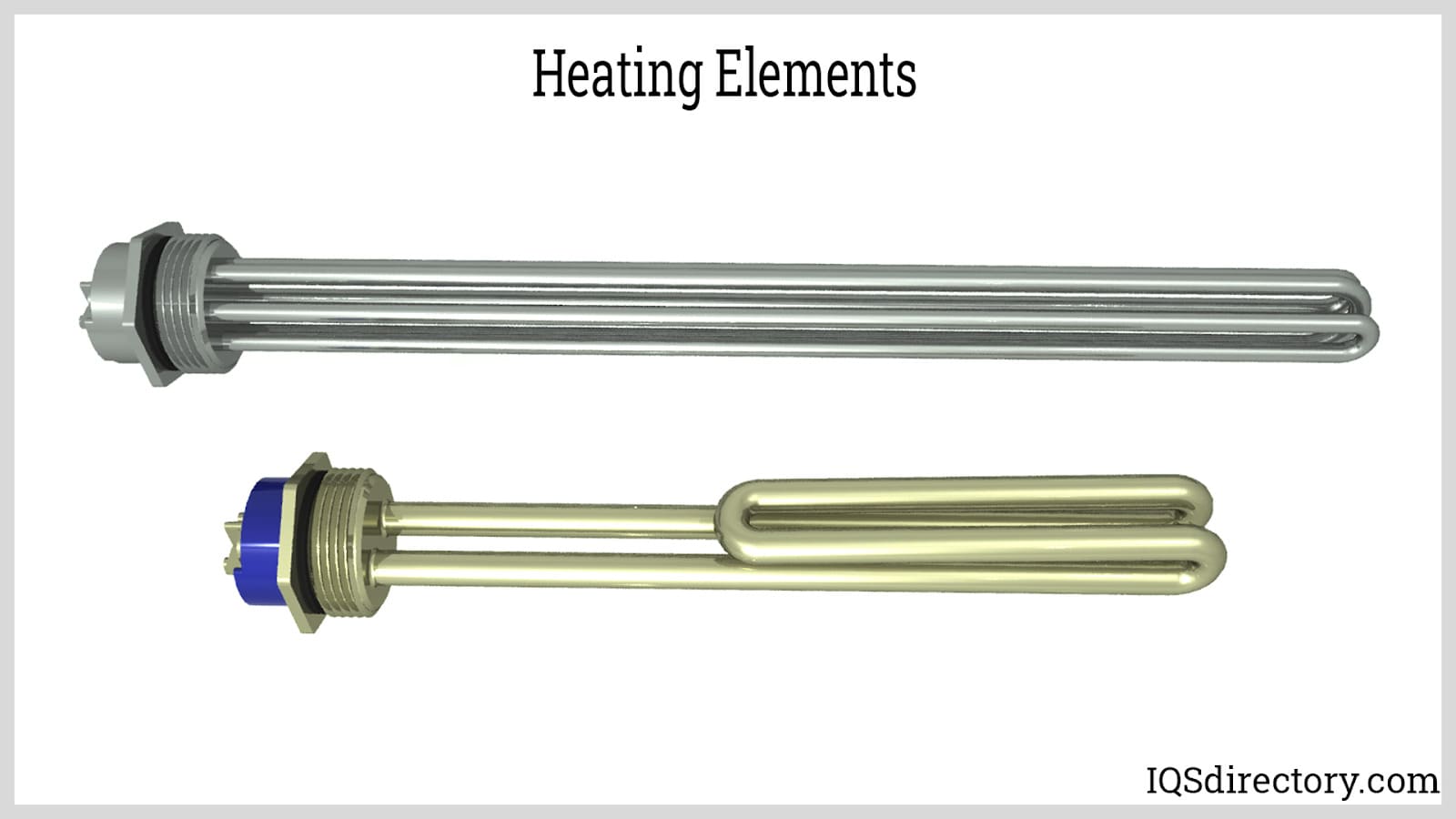
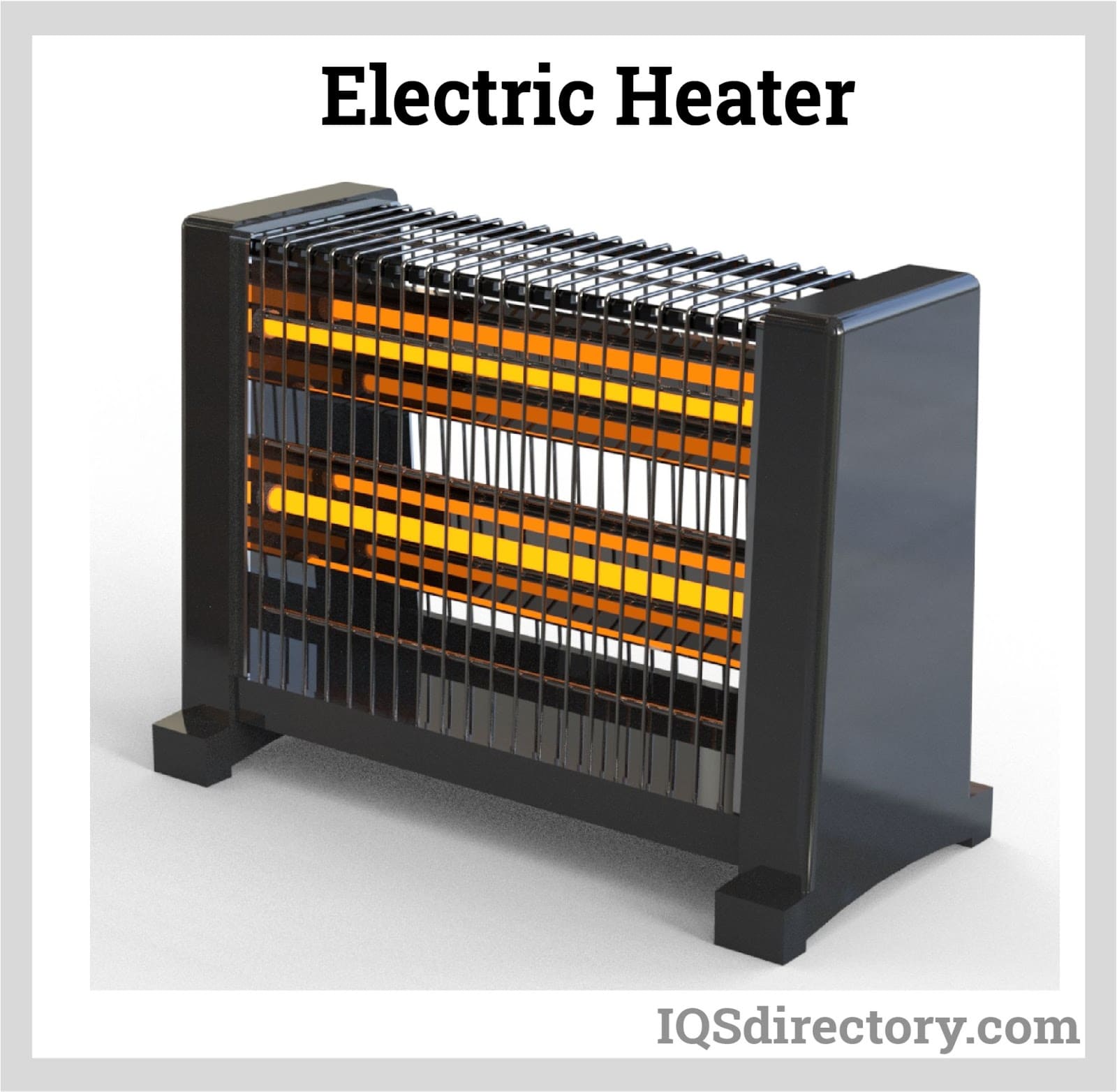
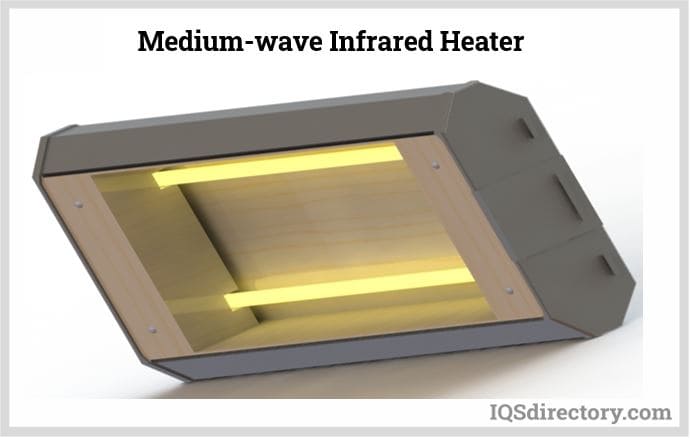
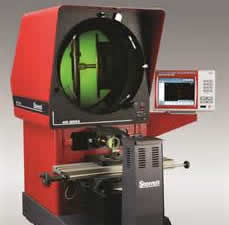 Calibration Services
Calibration Services Clean Rooms
Clean Rooms Data Acquisition Systems
Data Acquisition Systems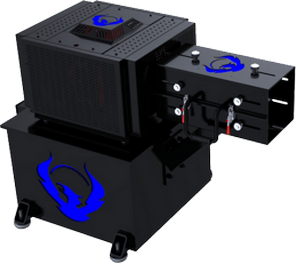 Dynamometers
Dynamometers Environmental Test Chamber
Environmental Test Chamber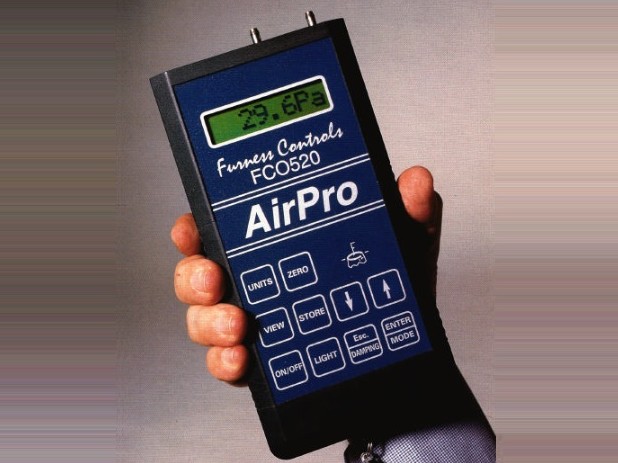 Leak Detectors
Leak Detectors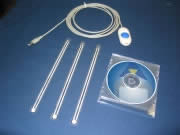 Load Cells
Load Cells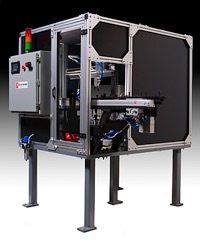 Machine Vision Systems
Machine Vision Systems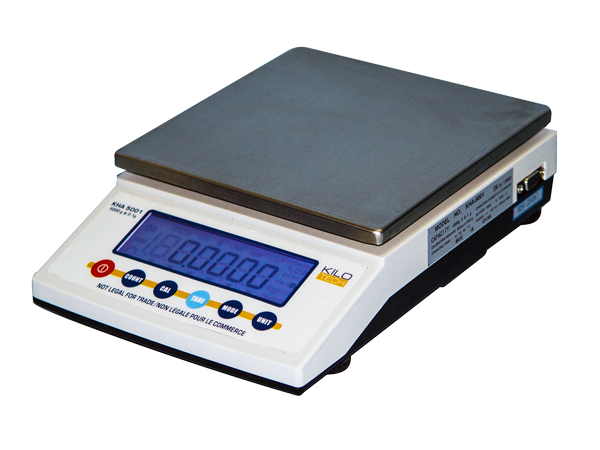 Scales
Scales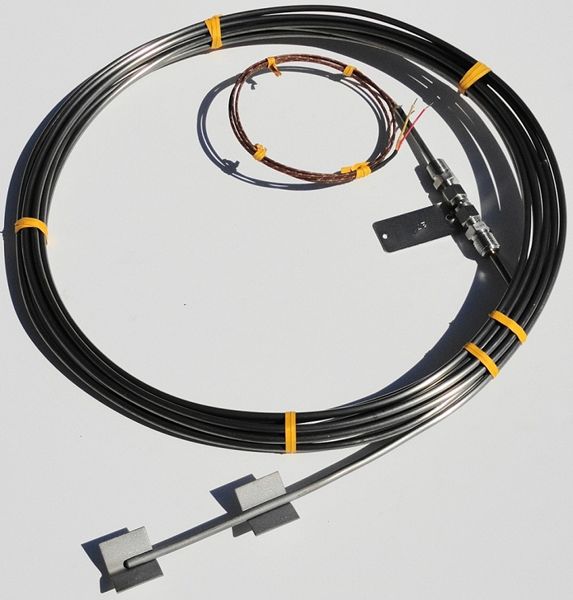 Thermocouples
Thermocouples Castings & Forgings
Castings & Forgings Bulk Material Handling
Bulk Material Handling Electrical & Electronic Components
Electrical & Electronic Components Flow Instrumentation
Flow Instrumentation Hardware
Hardware Material Handling Equipment
Material Handling Equipment Metal Cutting Services
Metal Cutting Services Metal Forming Services
Metal Forming Services Metal Suppliers
Metal Suppliers Motion Control Products
Motion Control Products Plant & Facility Equipment
Plant & Facility Equipment Plant & Facility Supplies
Plant & Facility Supplies Plastic Molding Processes
Plastic Molding Processes Pumps & Valves
Pumps & Valves Recycling Equipment
Recycling Equipment Rubber Products & Services
Rubber Products & Services